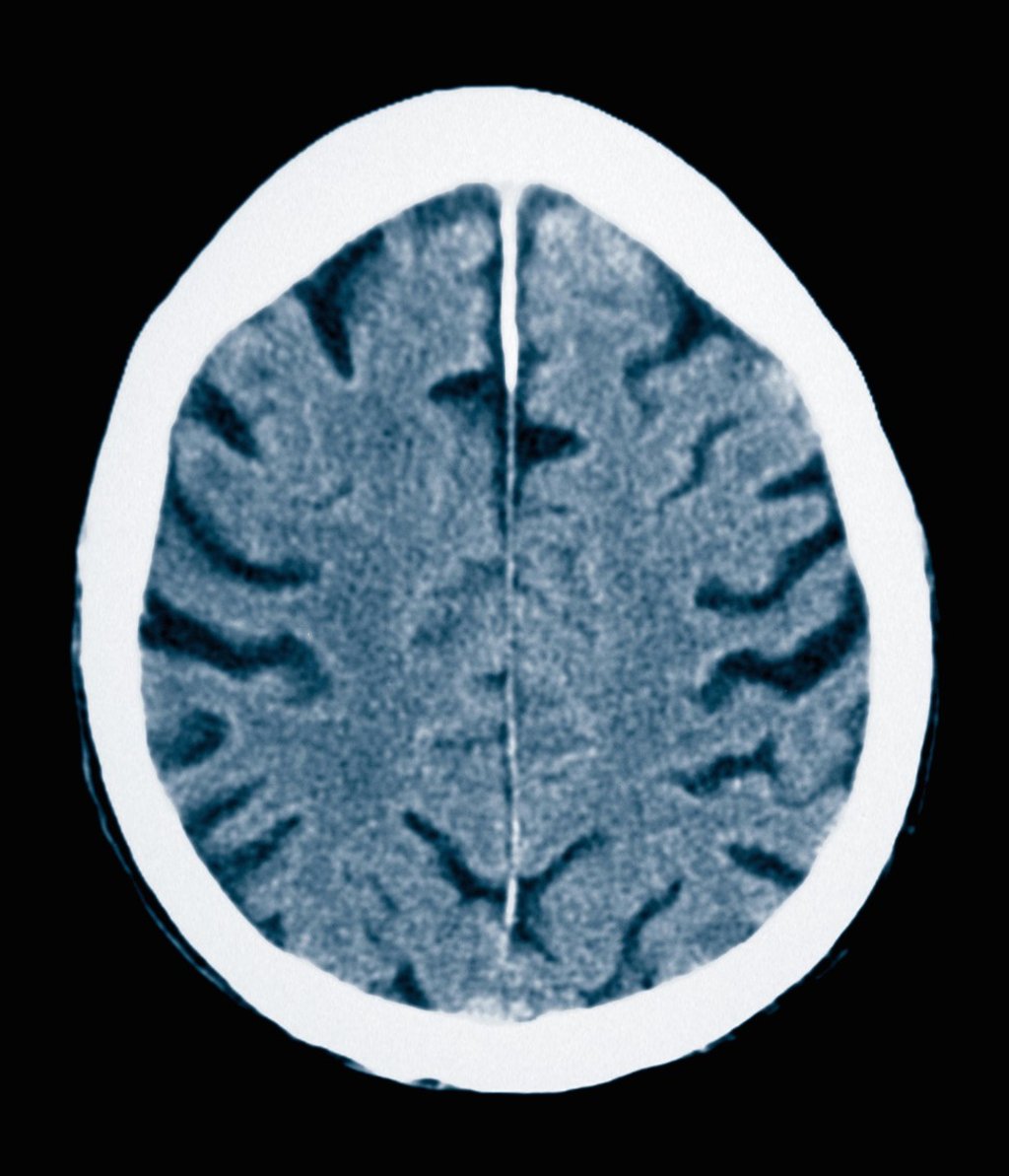Jennifer Aniston, Mariah Carey, insomnia and how one night of bad sleep can increase Alzheimer’s risk
- A poor night’s sleep increases levels of beta-amyloid plaque and tau, which are both linked to Alzheimer’s
- We share eight reasons you wake up in the night, and how to avoid it

You wouldn’t think they had a problem in the bedroom, but Hollywood celebrities Mariah Carey, George Clooney and Jennifer Aniston have all admitted to suffering from insomnia at some point in their lives.
In a 2012 interview with The Hollywood Reporter, heartthrob actor Clooney revealed that he wakes up as many as five times a night, and in 2014, actress Aniston shared on The Dr Oz Show that if she wakes up at 3am she finds it hard to doze off again.
One small study, done by scientists from the National Institute on Alcohol Abuse and Alcoholism (NIAAA) in the United States, revealed that adults who experienced a single night of sleep deprivation showed an increase in levels of beta-amyloid plaque in their brain. Beta-amyloid is a metabolic waste product that is found in the fluid between brain cells.
